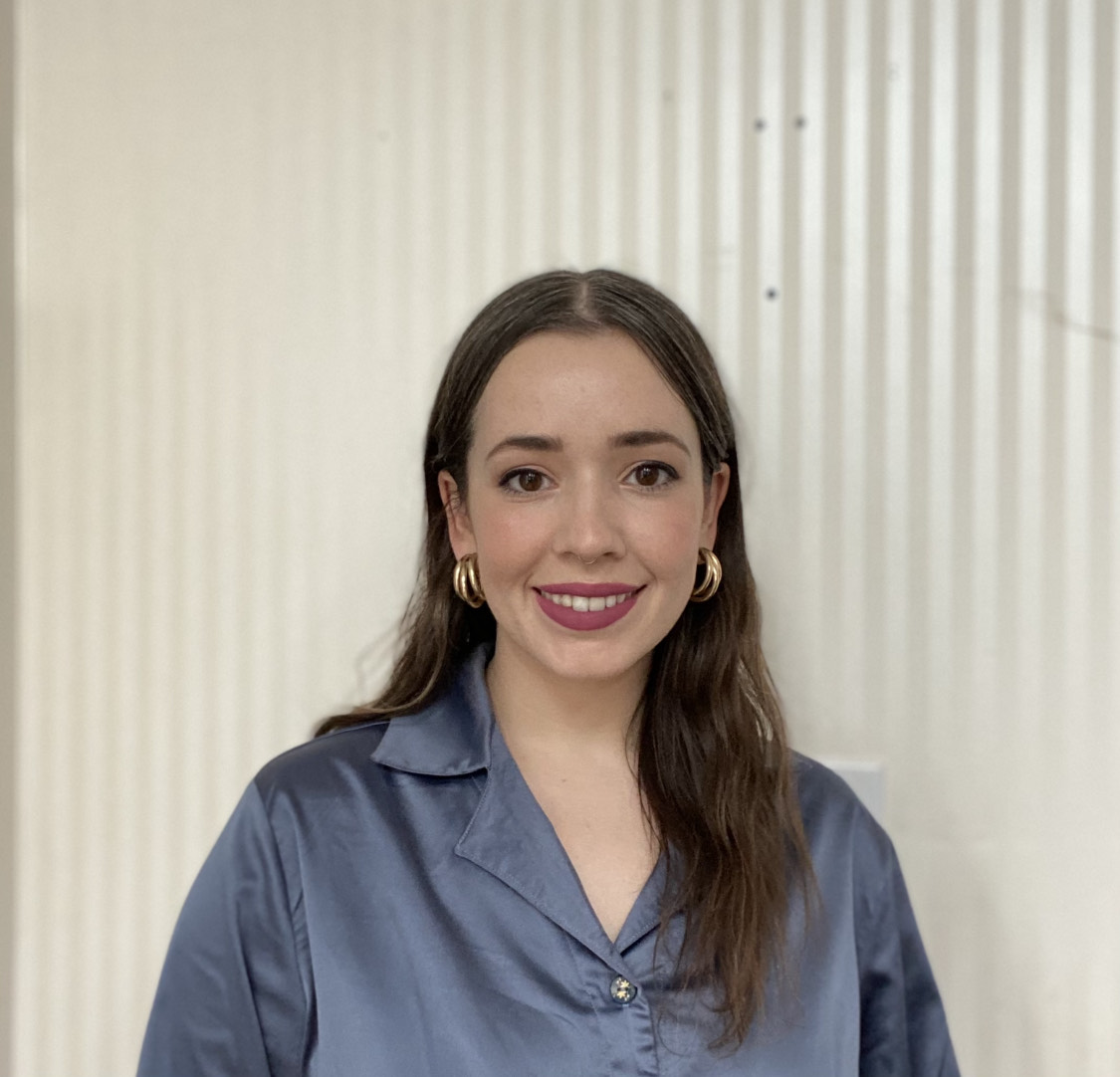CUP Graduate Student Equity Award Profile: Tessa McDougall
24 April 2023

“One of the first steps is acknowledging that people with lived experience have really important knowledge. And when you’re doing research, you’re not doing research about them. You’re doing research with them.”
This article is part of a series highlighting the recipients of the Graduate Student Equity Award offered by the Community-University Partnership (CUP) in the School of Public Health. The award supports graduate students pursuing community-engaged research and is made possible with funding from the Suncor Energy Foundation.
The connecting thread between Tessa’s diverse passions, which include art, social justice, and libraries, is a focus on serving communities. She is currently wrapping up a Master of Library and Information Studies (MLIS) program through the Faculty of Education, which gives students the flexibility to submit a capping portfolio instead of a thesis project. The option has allowed Tessa to build her studies around a variety of community-engaged initiatives, many centred around her job in the Greater Toronto Area where she is studying remotely.
Tessa’s work primarily involves building community with youth. For example, she helps one group of teenagers run an activism and advocacy club, which meets monthly to discuss an issue decided on by members. One of Tessa’s capping projects derived from another initiative that brought together around 40 teens to design and create a collaborative DIY publication or “zine.” The topics included were chosen by youth in the community and included income, education, and issues affecting LGBTQIA+ students.
“It was truly a creative project. But it also taught participants how to do research and to critically evaluate information. Meanwhile, they’re building community and supporting each other. At the end, everyone can take home this little fun guide that their peers made, which they can use when they need to.”
Another of Tessa’s projects involved working with the organization Sexual Assault Voices of Edmonton (SAVE), which is seeking to create a database of incidents of police violence and highlight systemic problems in policing. The project was in the context of a special topics course in the Department of Women’s and Gender Studies taught by Deb Verhoeven and called “Building Intersectional Archives,” which paired students with community archives to address identified needs.
Tessa found one more capping project opportunity in the course “Intellectual Freedom and Social Responsibility in Librarianship” through the Faculty of Education, which is taught by Toni Samek. The project involves researching the rise in challenges to books and book banning, which has in recent years focused on libraries and frequently targeted books by LGBTQIA+ authors. Tessa deliberately chooses courses and projects that connect to her real-world context and community work.
Tessa says taking part in CUP’s community of practice sessions has been particularly valuable to her as a remote student.
“Having a few hours to share your research, follow tangents, and get perspectives from people in other disciplines, and really having a multidisciplinary approach built right into the process, is so important and valuable. Lots of the topics I work on are dire and urgent issues. There’s lots of pain and trauma associated with them. So being able to come back and seek that support is incredible.”
Discussions within the sessions have given Tessa a chance to reflect on what academia considers valuable research.
“For example, why isn’t making a zine with a bunch of teens and sharing it around not considered valuable the same way a study on information-collecting practices to be read by academics is seen as valuable? Having these kinds of conversations, and seeing how people are reconsidering the role of the researcher, has been so inspiring.”
Among the sources that have inspired Tessa’s approach to community research are “R-Words: Refusing Research” by Eve Tuck and K. Wayne Yang and “Insurgent Research” by Adam Gaudry. These writers develop critiques of traditional academic research and draw attention to the ways it is extractive. Tessa suggests that the approaches used in community-engaged research can be a remedy to issues of extractive research.
“Community-engaged research is sort of switching that perspective and making the research something that serves the community. It’s about listening to what they need and making them the primary audience for that research and the ones that should be benefitting from it. One of the first steps is acknowledging that people with lived experience have really important knowledge. And when you’re doing research, you’re not doing research about them. You’re doing research with them.”